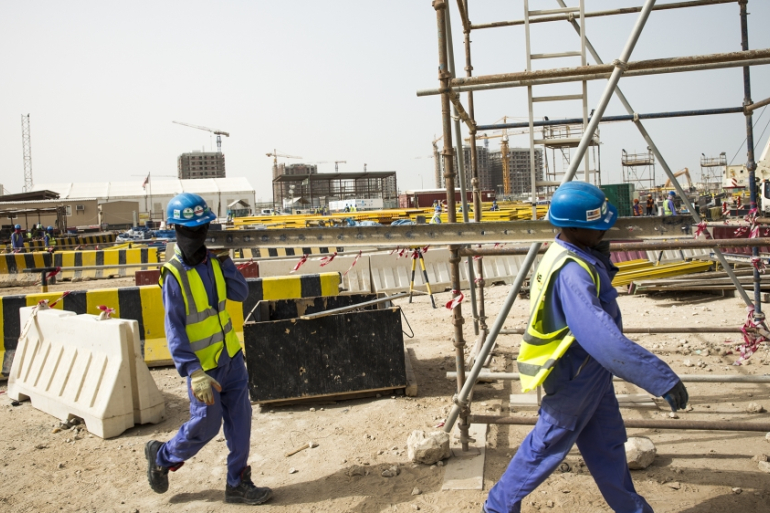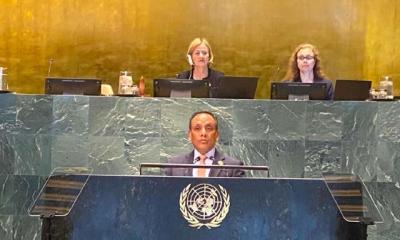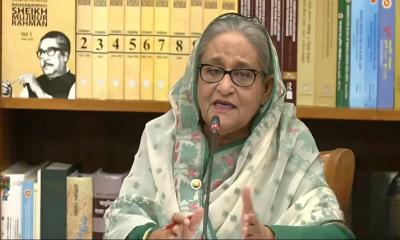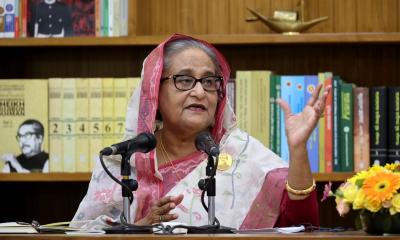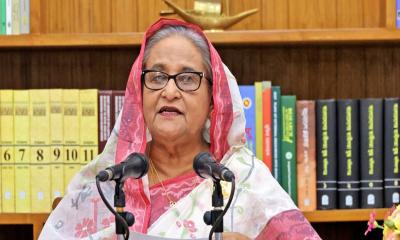Doha, Qatar – Qatar’s new minimum wage law came into force on Saturday for hundreds of thousands of migrant workers, the latest move by the government to support the army of foreign labourers in the tiny Gulf nation.
The legislation makes Qatar the first Gulf state to apply a national minimum wage rate for all employees in all sectors of its gas-rich economy.
The new legislation ensures all employees receive a minimum monthly wage of 1,000 Qatari riyals ($275), as well as a minimum of 300 riyals for food and 500 riyals for housing, unless their employer provides both.
“This wage increase will also improve the lives of a large number of family members in the workers’ countries of origin who rely on the remittances sent every month,” said Max Tunon from the International Labour Organisation (ILO).
More than 400,000 workers – or 20 percent of the private sector – will benefit directly from the new law, the ILO said. Qatar has only 300,000 citizens of its own among a population of 2.7 million.
According to the Qatari government’s communication office, more than 5,000 companies have already updated their payroll systems to adhere to the new legislation.
Labour inspectors will enforce the legislation and impose penalties on any companies failing to follow the new rules.
Abuse and exploitation
Qatar’s Ministry of Administrative Development, Labour and Social Affairs has implemented a series of labour reforms in recent years.
In August 2020, Qatar scrapped a rule requiring employers’ consent to change jobs.
Previously under Qatar’s “kafala”, or sponsorship, system, migrant workers needed to obtain their employer’s permission before changing jobs – a law that rights activists said left employees dependent on the goodwill of their bosses, and often led to abuse and exploitation.
“Some obstacles still must be addressed for more effective labour mobility, but we’ve observed a large number of workers moving to new jobs,” said Tunon.
Qatar’s treatment of migrant workers has been under the spotlight since it was awarded the hosting of football’s 2022 World Cup in 2010.
An energy-rich nation in the Gulf, Qatar has long said it is committed to labour reforms and that “lasting changes” take time.
In 2018, Qatar amended its residency law to allow most migrant workers to leave the country without an exit visa, a move described as a “huge step” by the ILO.
Hassan al-Thawadi, secretary-general of Qatar’s World Cup organising committee, has said it was the organisation’s belief that “this World Cup can be a catalyst for change, both in Qatar and in other parts of the world” when it comes to workers’ rights.
SOURCE : AL JAZEERA


